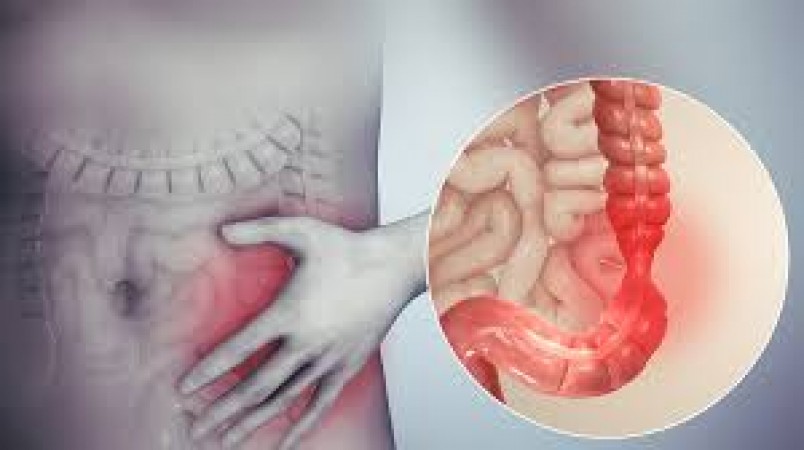Irritable Bowel Syndrome, commonly abbreviated as IBS, is a gastrointestinal disorder characterized by abdominal pain, discomfort, and changes in bowel habits. It is a chronic condition that can significantly affect an individual's quality of life.
Types of IBS
-
IBS with Constipation (IBS-C)
- Individuals with IBS-C experience frequent constipation, often accompanied by abdominal discomfort or pain.
-
IBS with Diarrhea (IBS-D)
- IBS-D is characterized by frequent episodes of diarrhea, along with abdominal pain and urgency.
-
Mixed IBS (IBS-M)
- Mixed IBS involves symptoms of both constipation and diarrhea, alternating over time.
Symptoms of IBS
Common symptoms of IBS may include:
- Abdominal pain or cramping
- Bloating and gas
- Changes in bowel habits (diarrhea, constipation, or both)
- Urgency to have a bowel movement
- Mucus in the stool
Causes and Triggers
The exact cause of IBS remains unclear, but several factors may contribute to its development and exacerbation, including:
-
Abnormalities in the Gut Microbiota
- Disruptions in the balance of bacteria in the gut may play a role in IBS.
-
Gastrointestinal Motility
- Irregular contractions of the intestinal muscles can lead to symptoms such as diarrhea or constipation.
-
Visceral Hypersensitivity
- Heightened sensitivity to pain in the digestive system may contribute to discomfort experienced by individuals with IBS.
-
Dietary Factors
- Certain foods and beverages, such as spicy foods, caffeine, and alcohol, may trigger symptoms in some individuals.
-
Stress and Psychological Factors
- Stress and anxiety can exacerbate symptoms of IBS, although they do not directly cause the condition.
Diagnosis and Treatment
Diagnosing IBS
- There is no specific test for IBS. Diagnosis is based on symptoms and ruling out other conditions through medical history, physical examination, and sometimes additional tests such as blood tests, stool tests, or imaging studies.
Treatment Options
-
Lifestyle Modifications
- Dietary changes, stress management techniques, and regular exercise can help alleviate symptoms.
-
Medications
- Over-the-counter medications such as laxatives or antidiarrheals may provide relief. In some cases, prescription medications such as antispasmodics or antidepressants may be recommended.
-
Therapies
- Cognitive-behavioral therapy (CBT) and other forms of counseling can help individuals manage stress and improve coping strategies.
-
Probiotics
- Some studies suggest that certain probiotics may help alleviate symptoms of IBS, although more research is needed to confirm their effectiveness.
Living with IBS
- Managing IBS often involves a combination of strategies tailored to individual needs. Support from healthcare professionals, along with self-care practices, can help individuals effectively manage their symptoms and improve their overall quality of life.
Irritable Bowel Syndrome (IBS) is a common gastrointestinal disorder characterized by abdominal pain, changes in bowel habits, and other symptoms. While the exact cause of IBS remains unclear, various factors such as diet, stress, and gut microbiota may contribute to its development and exacerbation. Effective management of IBS often involves a multifaceted approach, including lifestyle modifications, medications, and therapies aimed at reducing symptoms and improving quality of life.
Why does dandruff not leave some people even in summer?
Eat these things in salad, there will be no loss of water...your face will also glow
Prevent Bone Weakness with These 4 Tips
